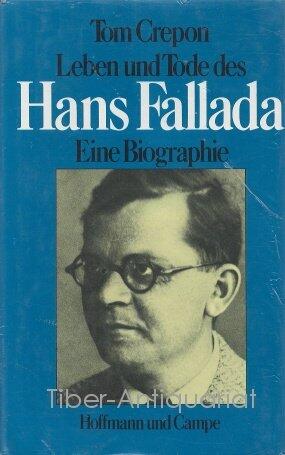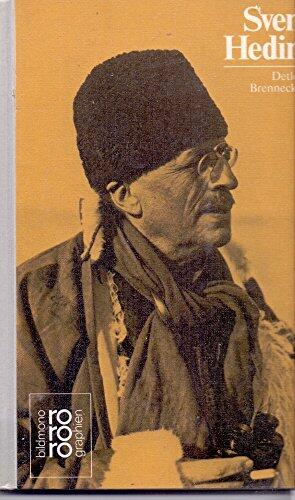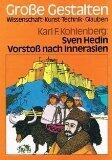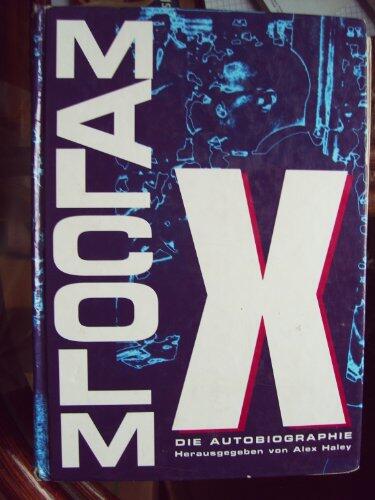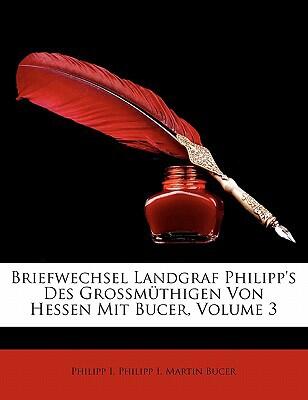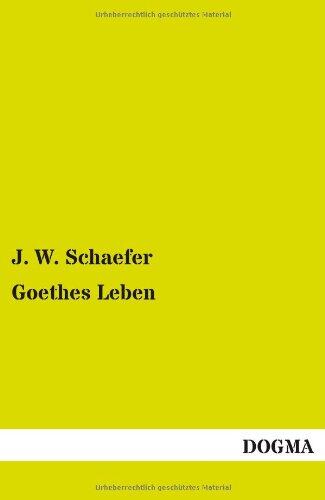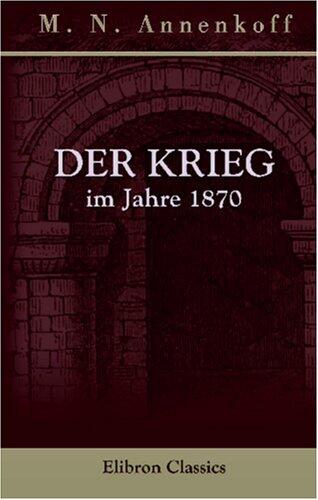
Der Krieg im Jahre 1870: Bemerkungen und Betrachtungen eines russischen Offiziers
によって
M. N. Annenkoff
まだ評価がありません
Biography
Autobiography & Memoir
History
形式
ペーパーバック
ページ数
130
言語
ドイツ語
公開されました
Sep 27, 2001
出版社
Adamant Media Corporation
ISBN-10
0543933857
ISBN-13
9780543933850
説明
Set against the backdrop of the Franco-Prussian War, this work provides a compelling firsthand account of the experiences of a Russian officer observing the tumultuous events of 1870. It captures the intricacies of military strategy and the human element of warfare, painting a vivid picture of the conflicts that shaped Europe during that turbulent time. Through the eyes of the author, readers gain an intimate understanding of the dynamics between the warring nations and the underlying political tensions.
The narrative delves into the psychological and emotional aspects of soldiers engaged in battle, highlighting moments of camaraderie as well as the harsh realities of war. Annenkoff's reflections are interwoven with keen observations of military operations, offering insights that transcend mere historical recounting. His perspective as a foreign observer adds a unique layer of depth, allowing for a broader commentary on the consequences of conflict.
Ultimately, this account serves as both a historical document and a philosophical exploration of the nature of war. It prompts readers to consider the broader implications of national rivalries and the personal costs of armed conflict. Annenkoff's insights remain relevant, resonating with contemporary discussions on war's impact on humanity.
The narrative delves into the psychological and emotional aspects of soldiers engaged in battle, highlighting moments of camaraderie as well as the harsh realities of war. Annenkoff's reflections are interwoven with keen observations of military operations, offering insights that transcend mere historical recounting. His perspective as a foreign observer adds a unique layer of depth, allowing for a broader commentary on the consequences of conflict.
Ultimately, this account serves as both a historical document and a philosophical exploration of the nature of war. It prompts readers to consider the broader implications of national rivalries and the personal costs of armed conflict. Annenkoff's insights remain relevant, resonating with contemporary discussions on war's impact on humanity.
